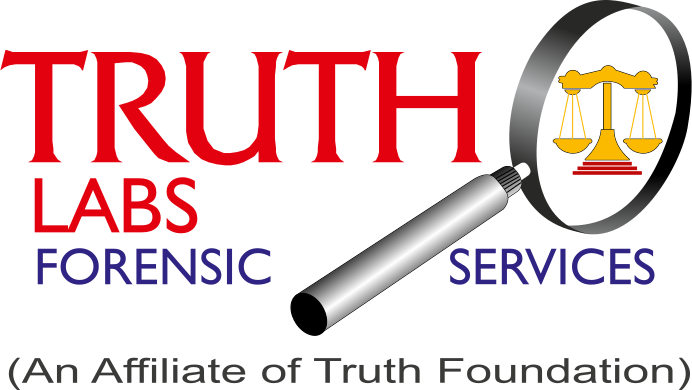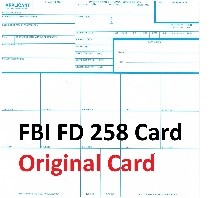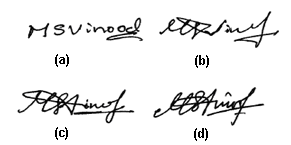The legal profession has an unfamiliar companion in its pursuit of justice and truth; the language used in the communication itself. Even though it frequently goes unnoticed by the general public, an intriguing discipline leverages the power of words known as ‘Forensic Linguistics’ which combines the study of language and its application in police and forensic investigations.
Forensic Linguistics extracts hidden realities in a form that is concealed from plain view. Whether it is an anonymous letter or a disputed confession, the clue can be found in the immense variety of expressions that make up the interaction. Just like the spoken voice, words, colloquial language, and accent can give away from which geographical, regional, or ethnic community the person is from; there would be an influence of our native speech when we tend to put down something; be it written or verbal. In other words, the style of writing or the manner one speaks is as distinctive as fingerprints. The choice of words reveals a lot of cues.
From the minor punctuation to the often-repetitive term one employs are all vital hints. In addition to identifying the author, forensic linguistic probes into the emotion or intent of the instigator. For instance; emotive or evocative dialects may convey feelings of rage and the usage of ellipses can suggest hesitation.
In the era where digital interaction is dominant, the genuine identity of a person may be concealed by online communication like emails and social media posts. But Forensic Linguistics effectively pierces through these digital veils to divulge people who wish to stay anonymous. It is also a powerful ally in the field of cyber security and fraud prevention.
These seemingly routine electronic messages exchanged through emails or social media contain solutions to complex legal cases.
In one such case of piracy where an individual had adeptly utilized his skills in technology to incorrect ways by fraudulently creating an alternate website to fill in details and bypass the authentication of a public transport booking site. This website enticed citizens who preferred to take the quickest route to avail facilities of online booking of tickets even if it was not official. In this case, the law enforcement officials investigating the case approached Truth Labs to procure an opinion based on language and writings. The experts at Truth Labs used Forensic Linguistics to ascertain the authorship of the person who created pirated websites and content pages. An array of scientific techniques were employed to analyze written communication. Linguistic profiling was done where the nuances in vocabulary were looked into, the idiosyncratic features were decoded and the style of writing was identified. The scientific prowess with keen observation, giving importance to even the smallest punctuation fixed the language puzzle pieces in turn disclosing the authorship of writing.



